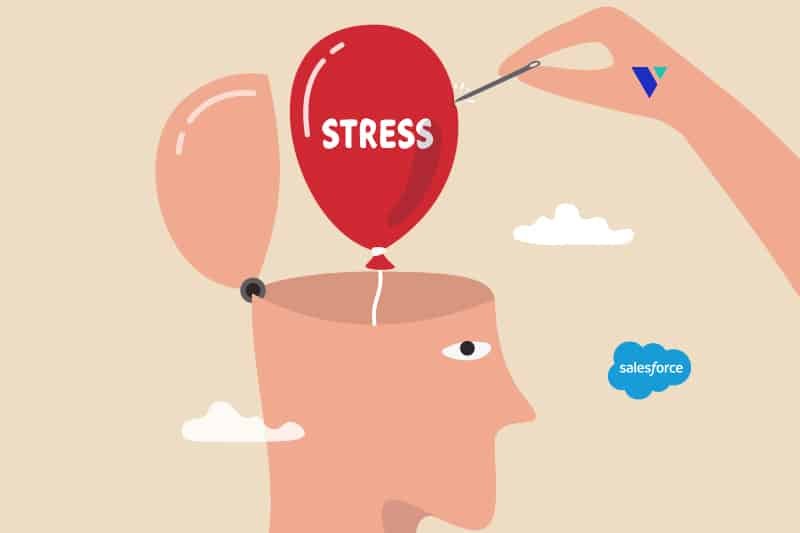Ready For Relief? Tips To Know Before Using 500 Piriton Tablets For Allergies

Allergies can be a constant source of discomfort, and finding effective relief is essential for maintaining quality of life. 500 piriton tablets are a popular antihistamine used to manage allergic reactions.
However, before you consider using them, especially in large quantities like a 500-tablet pack, it’s crucial to understand how they work, their potential side effects, and the correct way to use them.
This guide provides essential tips and information to ensure the safe and effective use of Piriton tablets.
Understanding Piriton and Its Uses
Piriton is primarily used to relieve symptoms associated with allergic conditions, including hay fever, urticaria (hives), and other allergic reactions. The medication works by blocking histamine, a substance in the body that causes allergic symptoms.
Piriton can help manage symptoms like nasal congestion, itchy eyes, and skin rashes by reducing the effects of histamine. Before using Piriton, it’s essential to understand how it works and its potential side effects, as this knowledge will help you make informed decisions about your allergy treatment.
Dosage and Administration
Adhere to the recommended dosage when taking Piriton 500 tablets. For adults and children over the age of 12, the typical dosage is one tablet taken every four to six hours as needed, not exceeding six tablets in 24 hours.
The recommended dosage for children aged 6 to 12 is half a tablet every four to six hours, with a maximum of three tablets per day.
It’s important to follow these guidelines closely and consult your healthcare provider if you’re unsure about the correct dosage for your specific situation.
Additionally, Piriton tablets should be taken with water and can be consumed with or without food. However, taking them with food may help reduce any potential stomach upset. Avoid crushing or chewing the tablets, as they are designed to be swallowed whole.

Potential Side Effects
Like all medications, Piriton may cause side effects. Typical side effects may include drowsiness, dizziness, a dry mouth, and blurred vision. Drowsiness is particularly significant because it can impair your ability to drive or operate machinery safely.
If you experience drowsiness, it is best to avoid activities requiring full alertness until you know how the medication affects you. Other side effects can include gastrointestinal issues, such as nausea and constipation.
If you encounter severe side effects or an allergic reaction, such as difficulty breathing, swelling of the face or throat, or a rash, seek medical attention immediately.
Communicating any existing medical conditions or medications you are taking with your healthcare provider is vital, as this information can help mitigate the risk of adverse reactions.
Drug Interactions to Consider
Before using Piriton, discussing any other medications you are taking with your doctor or pharmacist is essential. Piriton may interact with other drugs, particularly those that also cause drowsiness, such as alcohol, sedatives, and tranquillizers.
Combining these substances can enhance sedative effects, leading to increased drowsiness and potentially dangerous situations. It’s advisable to avoid alcohol while taking Piriton to minimize the risk of excessive sedation.
Additionally, certain medications for depression, anxiety, or other mental health issues may interact with Piriton, causing heightened side effects. Always inform your healthcare provider of your full medication list to ensure safe use.
Special Considerations for Certain Populations
If you are pregnant, breastfeeding, or planning to become pregnant, it’s important to discuss the use of Piriton with your healthcare provider.
While there isn’t substantial evidence indicating significant harm, the safety of Piriton during pregnancy and lactation hasn’t been thoroughly established.
Your doctor can guide you based on your circumstances and help determine the most appropriate allergy treatment.
Elderly patients may also require special consideration when using Piriton, as they may be more susceptible to side effects, particularly drowsiness and dizziness.
If you fall into this category, your doctor may recommend a lower dose or an alternative allergy treatment with less risk.
Managing Allergies Holistically
While Piriton can be effective in managing allergy symptoms, complementary approaches should also be considered. Identifying and avoiding allergy triggers can significantly reduce the frequency and severity of allergic reactions.
Keeping a journal of your symptoms and potential triggers can help you identify patterns and make necessary lifestyle adjustments.
In addition to medication, consider incorporating lifestyle changes that may help alleviate allergies. For those with seasonal allergies, staying indoors on high pollen days and using air conditioning can help minimize symptoms.
Additionally, incorporating anti-inflammatory foods into your diet, such as fruits, vegetables, and omega-3 fatty acids, may support your immune system.
When to Seek Medical Advice
If your allergy symptoms persist despite using Piriton or worsen over time, it’s important to consult a healthcare professional.
They can assess your condition, recommend appropriate allergy testing, and explore alternative treatment options if necessary. Sometimes, you may require prescription medications or allergy shots to manage your symptoms effectively.
In summary
While Piriton can be a useful tool in managing allergies, it’s essential to use it safely and effectively. By understanding the medication’s uses, adhering to proper dosage guidelines, being aware of potential side effects and interactions, and considering holistic approaches to allergy management, you can confidently navigate your allergy treatment.
Always prioritize open communication with meds4You to ensure you receive the best care tailored to your needs.




